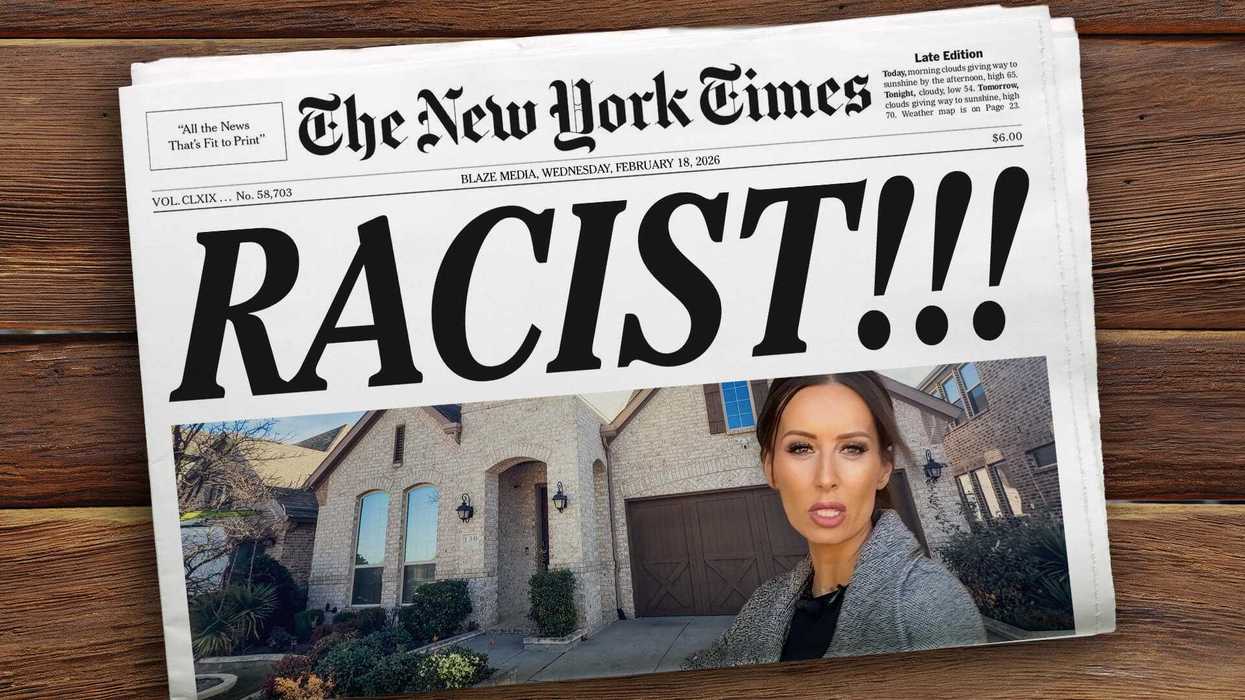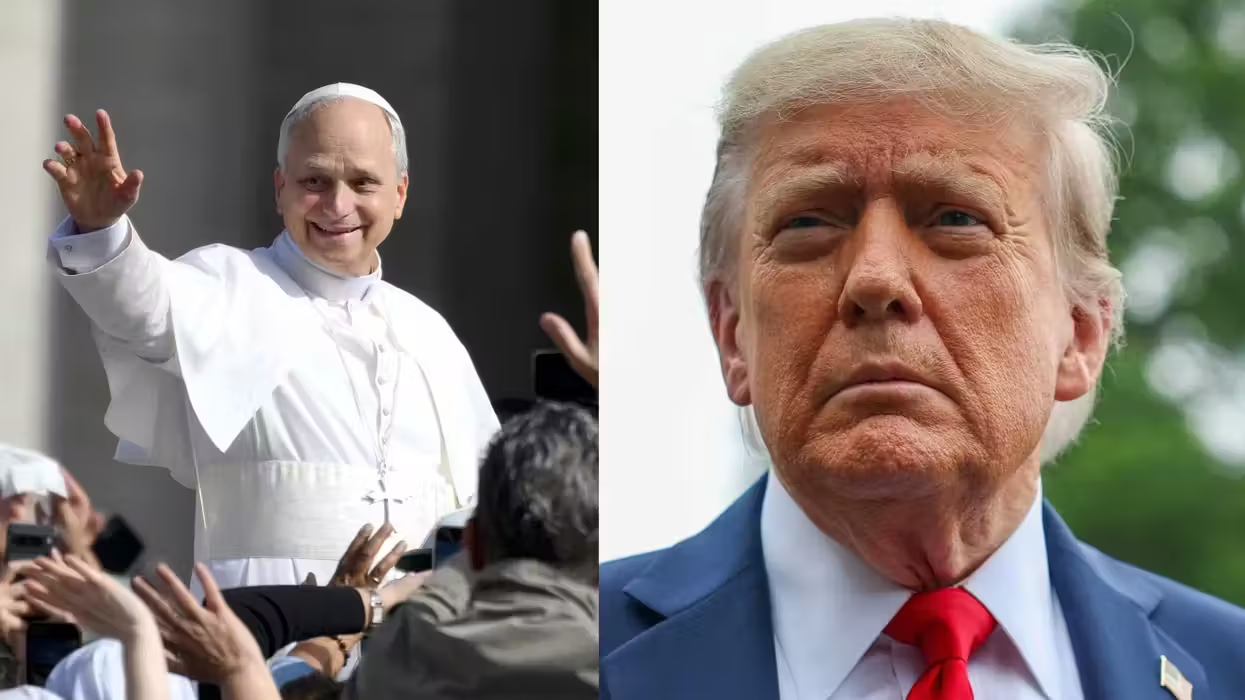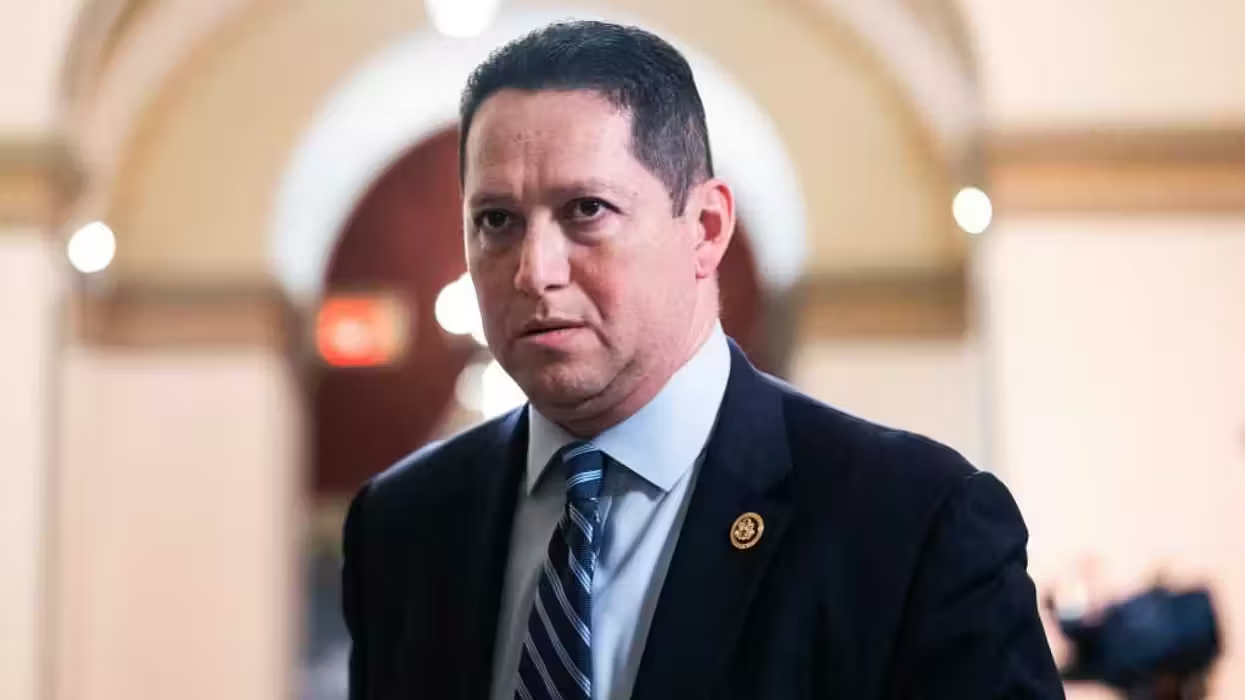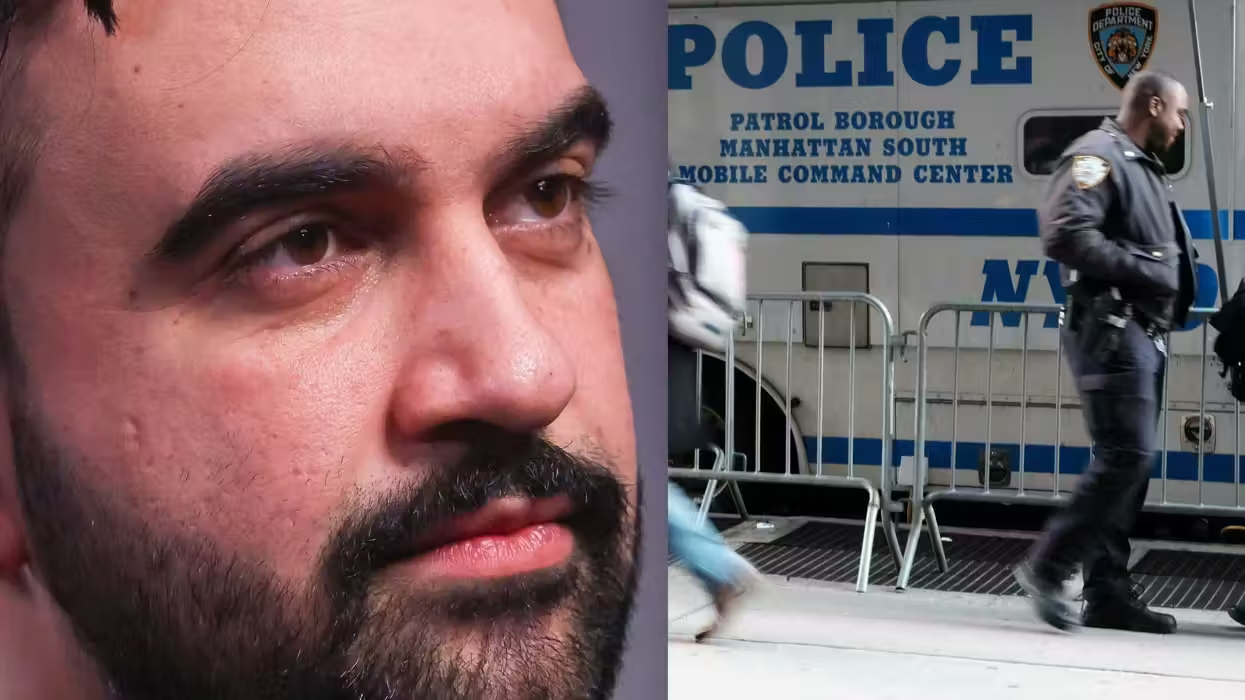
© 2026 Blaze Media LLC. All rights reserved.
 Presidents George W. Bush, Barack Obama and Bill Clinton (Official White House Photo)
Presidents George W. Bush, Barack Obama and Bill Clinton (Official White House Photo)
February is the month of presidents. It includes Washington’s birthday, Lincoln’s birthday, Ronald Reagan’s birthday, and, of course, Presidents Day. Given that I teach and write about presidents, this time of year always prompts me to strange musings. This year is no exception, as I’m thinking about six particular presidents: Barack Obama, George W. Bush, FDR, Herbert Hoover, Bill Clinton, and Harry Truman. How could I possibly connect these six?
Bear with me—I’ll start and end with Obama.
Barack Obama, and particularly his re-election campaign, has achieved something quite dubious of a sitting president. Namely, he has managed to successfully blame nearly every woe of the last four years on his predecessor. Never mind that every economic indicator under Obama is not only worse than under George W. Bush, but far worse. Obama has presided over a steadily worsening economic disaster, one that is stacking up as one of the most dreadful economic records of any president in history. And yet, as he does, he passes the buck to his predecessor, blaming George W. Bush.
This is unbecoming of an American leader; it’s precisely what our presidents don’t do; they don’t treat each other like this, having much more respect for the job and those who have held it. There is a long-time gentlemen’s understanding, honored by nearly every president, that you don’t blame your predecessor for your problems.
Nonetheless, George W. Bush has become Obama’s go-to scapegoat.
For the record, Obama is not completely alone in mastering this ignoble tactic. Franklin Delano Roosevelt, like Obama, conjured up various demons to advance his “progressive” agenda, with the rich atop his enemies list. But FDR also dumped on his Republican predecessor. He blamed everything on Herbert Hoover.
Notably, this really upset Hoover. Hoover was hurt deeply by FDR constantly trashing him, his record, his policies. FDR did not treat Hoover the way we Americans expect our presidents to treat one another. Their relationship became toxic. FDR’s successor, Harry Truman, took notice. “Roosevelt couldn’t stand him,” said Truman of Hoover, “and he [Hoover] hated Roosevelt.”
Even sadder, FDR, like Obama, got away with this blame-game. FDR successfully pinned everything on Hoover in re-election upon re-election. As for Obama, a literal majority (60 percent, according to one exit poll) who voted for him in 2012 agreed with him that the terrible economy was totally Bush’s fault. They swallowed Obama’s Bush blame-game hook, line, and sinker.
How do Harry Truman and Bill Clinton relate to this?
Truman and Clinton, like Obama and FDR, were, of course, both Democrats. Truman, however, was willing to put party aside to do what was right. He had character by the boatload. Truman saw how troubled Hoover was by FDR’s mistreatment. A good man, Truman did what he could to remedy the situation. (This is detailed nicely by Nancy Gibbs and Michael Duffy in their excellent new book: “The Presidents Club.”) He reached out to Hoover after World War II and sought to use the maligned ex-president in several significant projects, including post-war reconstruction for Europe.
“I knew what I had to do,” said Truman. “I knew just the man I wanted to help me.” And so, Truman employed Hoover’s considerable managerial talents.
It was a very gracious gesture, and pure Truman. Truman saw a wrong by his fellow Democrat, FDR, and strived to correct it, regardless of his party loyalties.
Bill Clinton, unfortunately, is the anti-Truman. When Clinton, who is very friendly with both George W. Bush and his father, learned of Obama’s campaign to blame Bush for every ill in America, including those that Obama has not merely created but mushroomed to unprecedented levels, what did Clinton do? Did he telephone Obama and say, “Hey, back off, that isn’t right and you know it. We presidents don’t treat ex-presidents that way.”
No, that’s what Harry Truman would have done. Bill Clinton joined the Obama campaign against Bush. The most notorious display was Clinton’s Democratic National Convention speech, where he prattled on about how not even he could have turned around the permanently disfigured economy that Barack Obama inherited from the malevolent Bush. No, no way, just impossible. Clinton incessantly pushed the line in campaign stop after campaign stop.
And no doubt, when the 2012 campaign was all over, and Clinton, who perhaps even privately voted for Mitt Romney (it wouldn’t surprise me), surely flew to Texas and (Joe Biden-like) grinned and back-slapped George W. Bush and said, “Hey, no hard feelings, pal!”
And George W. Bush, no doubt, did what he always did, stoically turning the other cheek, forgiving Clinton, and gently suffering the insults in silence—and again helping to make possible another Obama term.
Happy Presidents Month, America.
Editor’s note: A longer version of this article first appeared at American Spectator.
Want to leave a tip?
We answer to you. Help keep our content free of advertisers and big tech censorship by leaving a tip today.
Want to join the conversation?
Already a subscriber?
more stories
Sign up for the Blaze newsletter
By signing up, you agree to our Privacy Policy and Terms of Use, and agree to receive content that may sometimes include advertisements. You may opt out at any time.
Related Content
© 2026 Blaze Media LLC. All rights reserved.
Get the stories that matter most delivered directly to your inbox.
By signing up, you agree to our Privacy Policy and Terms of Use, and agree to receive content that may sometimes include advertisements. You may opt out at any time.






